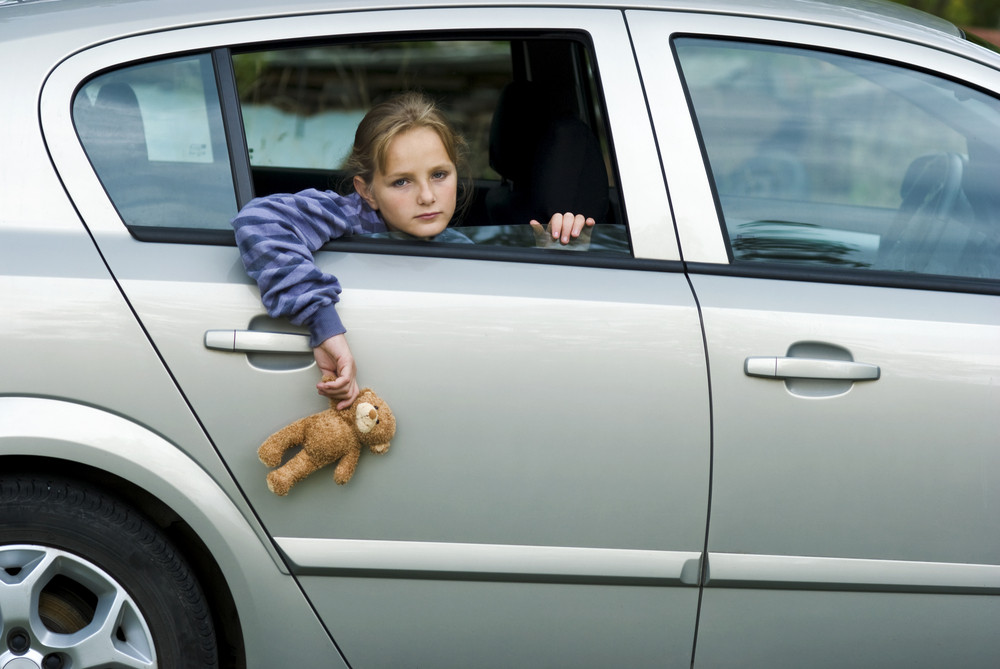Between 2007 and 2011, on the weekend of the fourth of July, drunk driving accounted for 40% of all highway deaths. These statistics are grave enough to necessitate a critical chat with your children before they can get their hands on the coveted car keys. The following are 10 things to tell your child about car safety.
1. It’s Dangerous to Drink and Drive
The 4th of July is the day with the most fatal car crashes. The celebratory mood does nothing to cushion overly excited kids from throwing away caution and indulging in drunken driving.
Peer pressure is at an all-time high during this season. Advise older kids about the importance of having an alternative means of transport such as a cab or a designated driver rather than driving while drunk.
2. Buckle Up
Ensure the kids are buckled up all the way from home. Let them know that being buckled up is not optional and that it is for their safety and in line with the law. Tell them that a seatbelt prevents serious injuries and saves lives. Since a third of the police departments in the U.S. (1800 of them) use body cameras, the chances of being caught on camera violating traffic rules are very high.
3. Use Car Seats
Once you locate the appropriate booster or car seat for your child, ensure it is correctly installed. The basic rule of car seats is to get one that fits your child. All car occupants should wear seat belts.
4. Don’t Leave Kids Unaccompanied Around Cars
Thousands of children have been seriously injured or killed by a driver that did not see them while backing up from driveways or parking lots. There has also been an equal number of front overs. It is critical to train kids not to play around with cars at any given time.
5. Do not Leave Kids Unaccompanied Inside Cars
As dangerous as it is to leave kids unaccompanied around cars, it is equally dangerous to leave them inside cars by themselves. Parents should overcome the temptation of leaving kids in the car even for short periods in the name of making quick dashes. Kids have been known to die in hot cars annually; hence, as a parent, do all you can to avoid such accidents.
6. Train Kids not to Play Inside Cars
Teach the children in a kid-friendly fashion that playing inside the car is not conducive to safe driving. Let them understand from an early age what car-acceptable mannerisms are to promote safety on the road. Toys and moving objects on the dashboard can become projectiles in case of an accident, causing serious harm to the passengers.
7. No Snacking in the Car
As petty as this rule may sound, it has actually saved lives. If the child has to eat in the car, stop at a designated place and let them feed before resuming the journey. Otherwise, serious accidents have been caused by distracted drivers who react instinctively to a choking or suspected choking incident from a child.
8. Secure the Car Keys
Keep the car keys away from prying kids’ eyes and out of their tiny hands’ reach. Teach them that it is absolutely unacceptable for them to handle car keys.
Activate the child-lock feature to keep kids secure in the event they fidget with the car locking mechanism. Keep the car doors and trunks locked at all times.
9. Secure the Trunk
Always expect the unexpected from kids. Don’t let them access the trunk from inside the car by keeping the rear-fold down seats closed. Give stern warnings and consequences for disobeying instructions to keep them on a tight leash while in the car. This will prevent avoidable mishaps.
Once your kid starts driving, it gets even scarier. 4,761 lives were lost between 2016 and 2017 in large truck accidents, an increase of 9%. One cannot overemphasize the importance of advising kids, including young up-and-coming drivers, to be watchful on the roads.
And you need to model this behavior! No one should use cell phones while driving, and with a third of U.S. police departments using body cams, you’re sure to get caught if you do. Statistically, 16-year-olds are 40% more likely to be involved in fatal crashes compared to 18-year-olds, so make sure you start having these talks as early as you can.
